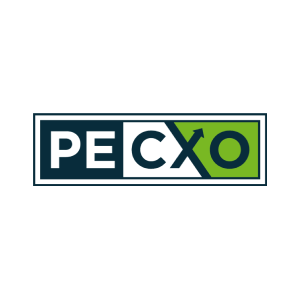Private equity insiders rely on a specific vocabulary that defines their technical and behavioral approach to value creation. In this Q&A, Falcon’s Rob Huxtable details how the distinct language of private equity can impact sponsor-operator dynamics.
How important is it for portfolio company operators to speak a common language with their private equity sponsor?
There’s a unique and specific vernacular associated with private equity. Management teams who are conversant in the language and the nuanced meanings of the vocabulary are better poised to effectively communicate upstream to sponsors and also tend to possess a deeper understanding of the LBO framework.
Sponsors feel a certain sense of comfort when communicating with individuals who understand their pain points and objectives as investors. As a portfolio company operator, intimately understanding your bosses’ lexicon is invaluable.
The private equity vernacular is grouped into two buckets: technical concepts and leadership behaviors. Achieving fluency is a twofold challenge. The first is learning the terminology and gaining at least a baseline understanding of how the vocabulary is used. The second, which is more difficult, is gaining a deep understanding of the true context of a term and why it’s of the upmost importance to sponsors. It’s not enough for a management team to simply “understand” the definition of a given term – executives must immerse themselves in the essence of why it matters.
From a technical perspective, what are a few examples of vital terms PE-backed management teams must comprehend?
There are many. We should begin with the two most important metrics LP investors use to measure sponsor performance: Multiple on Invested Capital (MOIC), sometimes referred to as Cash on Cash (COC), and Internal Rate of Return (IRR).
If an exec...
